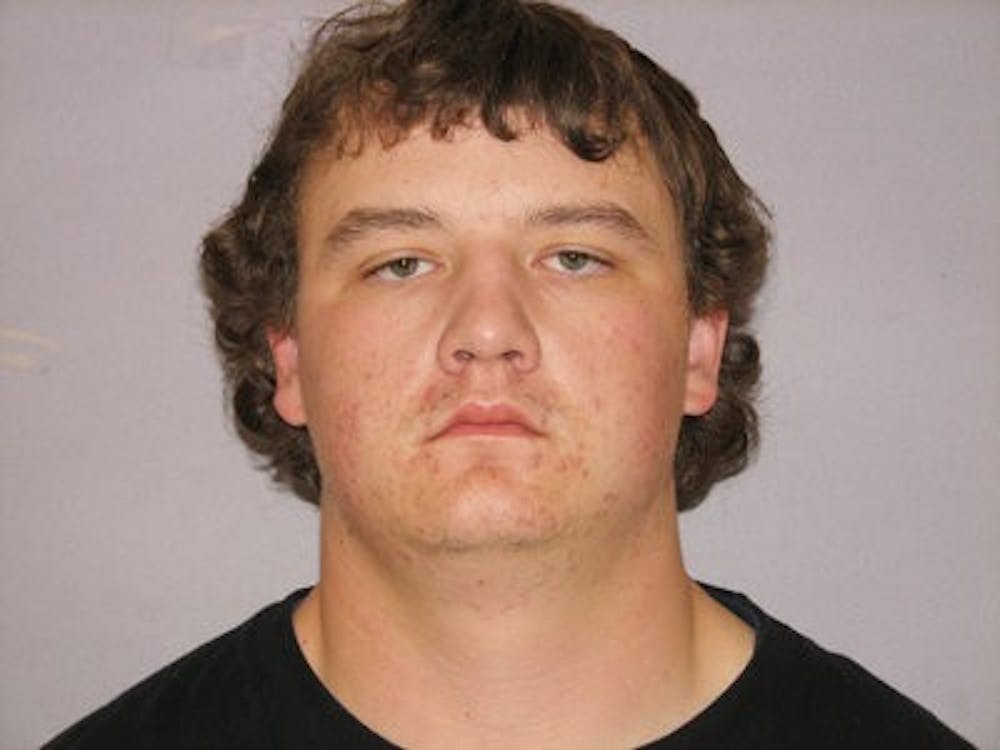The long awaited ESPN report focusing on Auburn's use of synthetic marijuana during the 2010 national championship season premiered Tuesday, April 23 on the investigative journalism show E60.
The feature was centered on former Auburn tight end Dakota Mosely and his addiction to synthetic marijuana during his freshman season.
The synthetic substance, referred to as "Spice," was a legal drug sold over the counter until Alabama outlawed it in October 2011. Chemicals sprayed onto herbs are the main component of Spice, which after being smoked causes euphoria similar to marijuana. The drug has resulted in more than 4,000 emergency room trips since it was on the market, pressuring the NCAA to ban it in August 2011 and the DEA to outlaw the drug nationwide in July 2012.
Mosely is currently awaiting a June 10 trial for his alleged involvement in the 2011 armed robbery in which he and three other former players were charged after a home invasion on Wire Road following their use of Spice.
Mosely told E60 he began smoking the synthetic marijuana on a recruiting trip to Auburn when he was 17 years old after being told by an older player Spice would not show up on drug tests. The freshman's use of Spice drastically increased during the season and his father Harrison Mosely said the drug was affecting his son's body and mind.
Harrison stated throughout Dakota's addiction his appearance changed, he went days without bathing and had burn marks in his Auburn athletics clothing.
Then, Harrison did the unthinkable as he went to a nearby store off campus, purchased three assorted packs of Spice and experimented with the drug himself, rolling them into a cigarette.
"My arms started to shake and I felt my heart rate triple, like it was going a hundred miles an hour," Harrison told ESPN The Magazine. "I stayed up until 3 in the morning, thinking, 'I have to come down from this stuff.'"
According to the report, Harrison immediately went to then offensive coordinator Gus Malzahn and told him the coaching staff had to stop the drug that was sweeping through the team.
"You've got a serious problem if your players are doing this," he claims he told the coach. "It's the scariest thing I've ever done. You'd be better off handing out bales of marijuana."
Auburn quickly shared with the team the risks associated with smoking Spice and the company Auburn contracted for its drug tests began creating a test capable of catching the substance.
Sidelined by a season-ending shoulder surgery, Dakota watched the 2010 national championship game at home, high on Spice, while his father and step-mother were in Glendale supporting the team.
Soon after, Auburn former head coach Gene Chizik had the ability to test for Spice. E60 interviewed Chizik on how the department combated the team's use of the drug and Chizik exclaimed they did everything they could. When Chizik and his staff began testing, only three of 2,800 given tests came back positive, citing a large eradication of Spice.
Dakota told E60 before the testing nearly 50 percent of the team was using Spice.
Since then, the first of the four players involved in the 2011 armed robbery to go on trial was Antonio Goodwin in June 2012. After blaming Spice for his actions in the robbery, Goodwin was sentenced to 15 years in prison. Next was former star safety Michael McNeil who was recently sentenced on April 8 to a 15-year split of three years imprisonment and three years probation.
Mosely is still awaiting his trial at home in Little Rock, Arkansas.
Do you like this story? The Plainsman doesn't accept money from tuition or student fees, and we don't charge a subscription fee. But you can donate to support The Plainsman.





